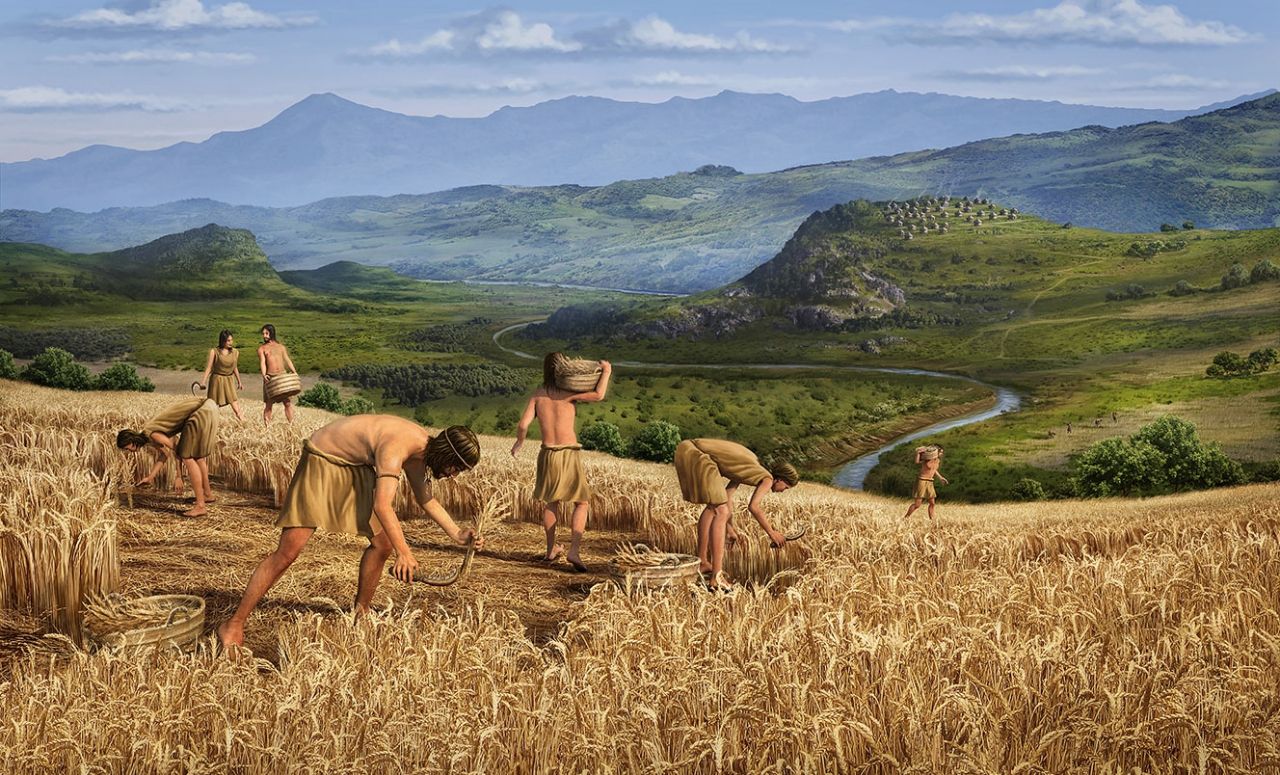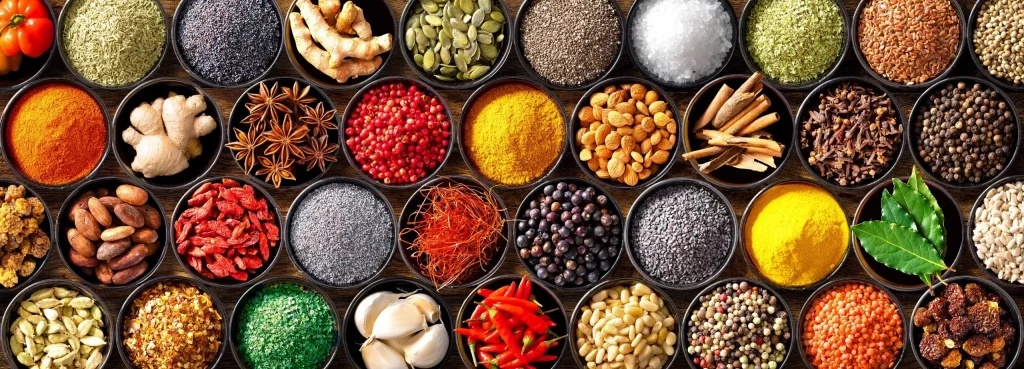The concept of superfoods is far from new. Ancient civilizations around the world were keenly aware of the health benefits of certain foods, long before modern nutrition science came into being. These cultures, thriving in diverse geographical regions, had diets rich in various natural foods, which contributed to their health, vitality, and longevity. Let’s delve into the dietary wisdom of these ancient peoples and the superfoods they cherished.
The Ancient Understanding of Nutrition
From the Greeks and Romans to the Mayans and Aztecs, each civilization had its unique dietary practices shaped by the local environment and available resources. They intuitively understood the relationship between diet and health, incorporating a variety of nutrient-rich foods into their daily meals.
Highlights of Ancient Diets
The ancient Incas, Aztecs, and Egyptians, for example, were reliant on grains like quinoa, amaranth, and barley. These grains were much more than just staple foods; they were integral to these cultures’ sustenance and were revered for their life-sustaining properties.
In the diets of the Roman and Egyptian empires, legumes and beans played a significant role. They were a primary source of protein and other vital nutrients, essential for the physical demands of the time.
Green leafy vegetables were highly valued in ancient Greek and Roman diets. These civilizations recognized the health benefits of vegetables like kale, spinach, and Swiss chard, incorporating them regularly into their meals.
Fruits, especially berries, pomegranates, and apples, were a major part of the diet in many ancient societies. These fruits were not only consumed for their taste but also for their nutritional benefits and medicinal properties.
Nuts and seeds like almonds, flaxseeds, and chia were integral to the diets of Mediterranean and Mesoamerican cultures. Known for their healthy fats and protein, these foods were essential for maintaining health.
Herbs and spices were used not just for flavoring food but also for their medicinal qualities. Ancient Indians, Chinese, and Egyptians included a variety of herbs and spices in their diets, utilizing their health benefits.
Coastal civilizations, particularly in ancient Greece and Japan, relied heavily on fish and seafood as a staple part of their diet. These foods were rich in omega-3 fatty acids and essential for maintaining heart health and overall wellness.
Conclusion
The dietary practices of ancient civilizations were deeply rooted in an understanding of the natural world and the nourishing properties of foods. Their reliance on a variety of nutrient-rich superfoods offers valuable insights into how diet can promote health and well-being. While the term “superfood” is a modern invention, the concept is as old as human civilization itself, highlighting the enduring connection between food and health.


